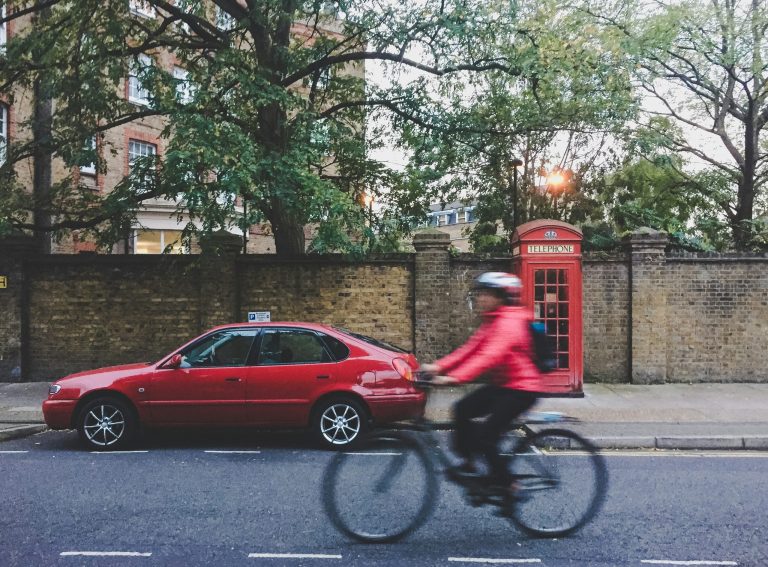Scotland’s Cabinet Secretary for Transport Fiona Hyslop has said that e-scooters will “inevitably” be legalised in the country.
All e-scooters are currently prohibited from being ridden on Scottish roads and pavements.
In an interview with The Scotsman, Ms Hyslop hinted at the possibility of Scotland participating in the e-scooter trials, which comes shortly after the UK Department for Transport extended e-scooter trials for the fourth time south of the Scottish border.
“When the UK Government announced that trials were to take place, a deadline was set for local authorities to register their interest in participating,” a Transport Scotland spokesperson told Zag Daily. “This deadline was set without consultation or advance notice being given to the Scottish Government, and therefore did not provide enough time for the relevant Scottish legislative changes to be made in the context of resources being deployed to respond to the pandemic.
“As a result, it was not possible for any trials to take place in Scotland, however we will continue to engage with the Department for Transport on developments in this area.”
According to Transport Scotland, the required Scottish legislative changes include amendments to devolved Primary Legislation, Secondary Legislation and Traffic Regulation Orders.
Welcoming e-scooters in
National shared transport charity CoMoUK is one player that’s keen to see e-scooter trials cross the Scottish border.
“An e-scooter trial would give Scots a brand new and legal way of trying out this great new form of transport, which could make a significant contribution to helping Scotland and the UK overall meet their climate change targets,” CoMoUK Chief Executive Richard Dilks said.
“This is especially relevant given that Scotland has recently given up trying to meet its shorter-term climate targets.”
CoMoUK particularly advocates for rental e-scooter schemes because of their regulation. According to the charity’s research, just one serious safety incident occurs in every 500,000 trips.
Regulations for rental e-scooters include top speeds, hours of operation, where they can be ridden, technical specifications and rigorous safety standards.
“This is in total contrast to the unregulated and illegal use of e-scooters on public roads and pavements, which is sadly being allowed to shape public perceptions about this mode of transport.”
Ms Hyslop told The Scotsman that the safety of e-scooters will continue to be considered before rental trials are permitted.
Dilks added: “If there is to be a trial of rental e-scooters in Scotland, there should be an open dialogue between the UK and Scottish Governments so any lessons learned south of the border can be shared.”






